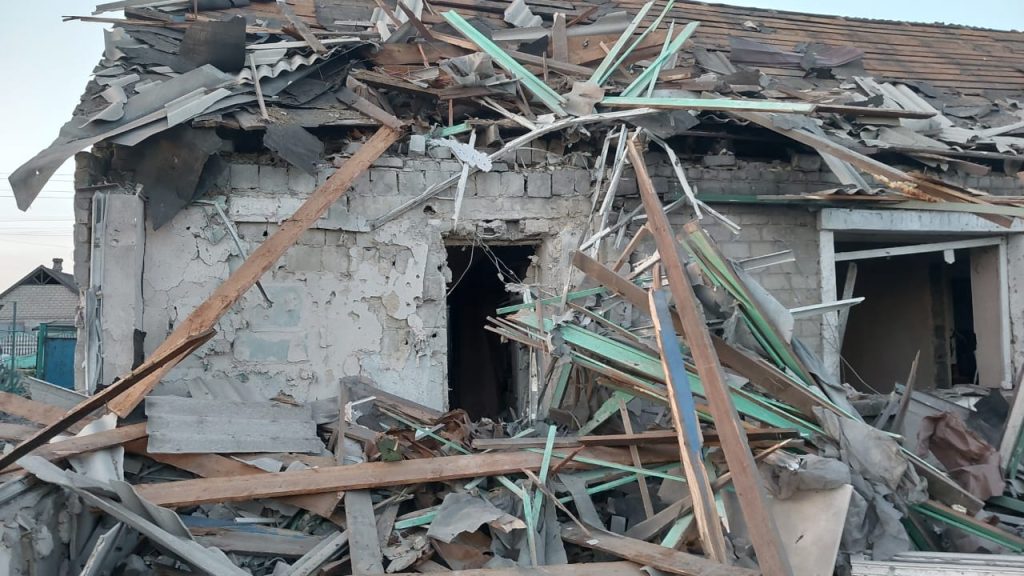Russian shelling in Donetsk Oblast on March 31 injured five civilians, including a 16-year-old boy. The injuries ranged in severity, with the victims being taken to medical facilities for treatment. The shelling affected areas such as Krasnohorivka, Kurakhovo, and Novoselydivka, causing damage to residential and farm buildings. In addition to the teenager, the wounded individuals included two women aged 82 and 63, and two men aged 72 and 66.
On the same day, Ukraine experienced widespread attacks across the country, resulting in two deaths in Lviv and injuries in Kharkiv and Kherson. The situation in Ukraine remains volatile, with President Zelensky warning of a potential retreat without support from the United States. Zelensky has emphasized the importance of ATACMS (Advanced Tactical Missile Systems) as a crucial defense measure against Russian aggression.
The conflict in Ukraine has had far-reaching consequences, with 80% of DTEK’s energy capacity being damaged or destroyed following Russia’s attacks in March. Russian President Putin has also signed a decree to conscript 150,000 Russians and Ukrainians living under occupation for military service. The ongoing violence and instability in the region have raised concerns about the future of Ukraine and the impact on its population.
The recent incidents highlight the humanitarian crisis unfolding in Donetsk Oblast and other regions of Ukraine. Civilians, including elderly individuals and teenagers, are facing the brunt of the violence and insecurity. The need for international support and assistance in resolving the conflict and providing aid to those affected by the fighting is increasingly urgent.
Amidst the escalating tensions, President Zelensky’s plea for US support underscores the crucial role of international partnerships in addressing the crisis in Ukraine. The reliance on advanced military technology such as ATACMS reflects the evolving nature of modern warfare and the challenges faced by Ukraine in defending its territory against Russian aggression.
As the situation continues to unfold, the international community must remain vigilant and proactive in advocating for peace and stability in Ukraine. The protection of civilians, the provision of essential services, and the promotion of dialogue and diplomacy are essential steps toward achieving a lasting resolution to the conflict in Donetsk Oblast and beyond. The human cost of the violence underscores the need for swift and effective action to prevent further suffering and ensure the well-being of those affected by the conflict.


